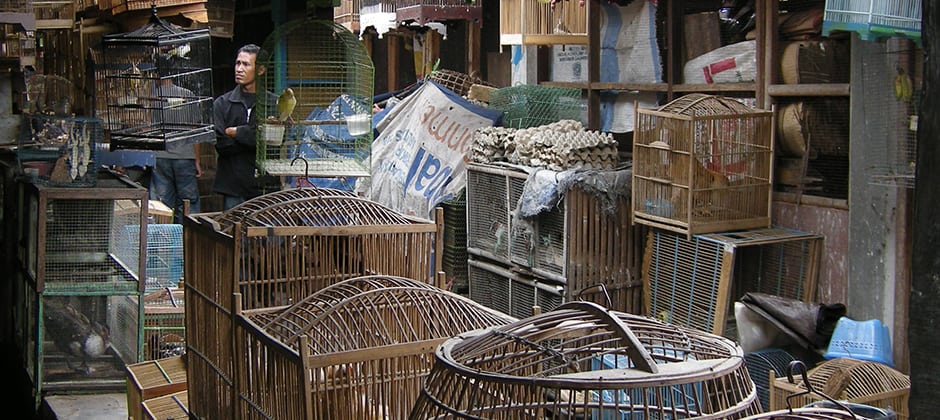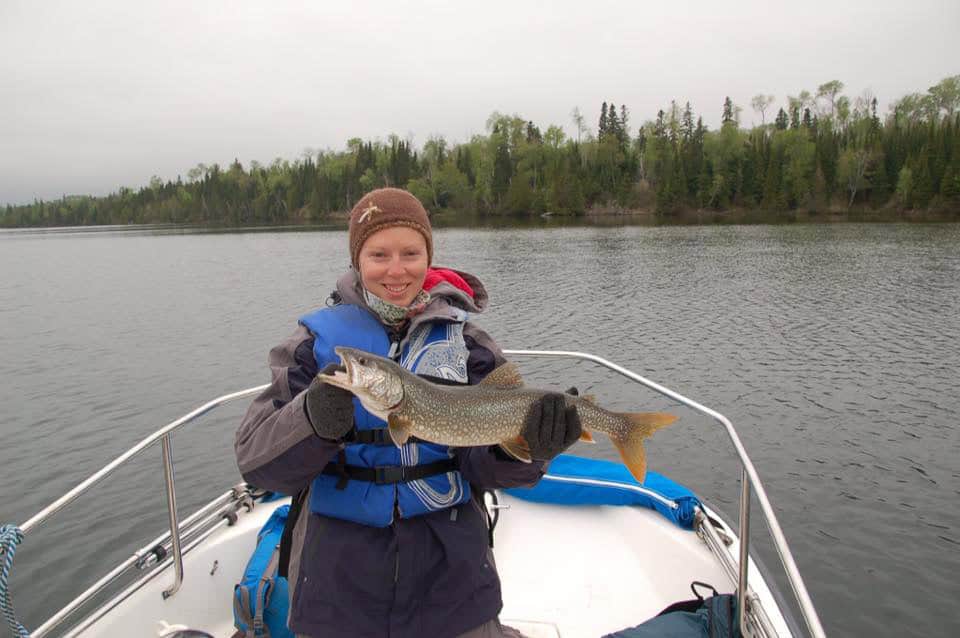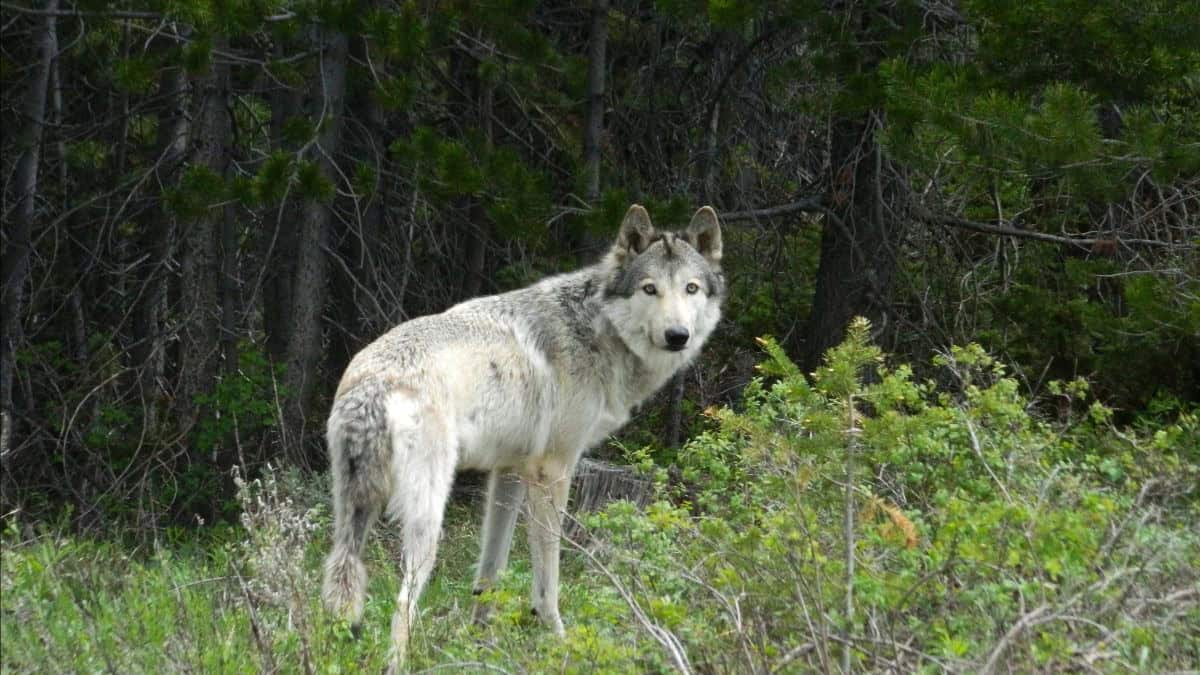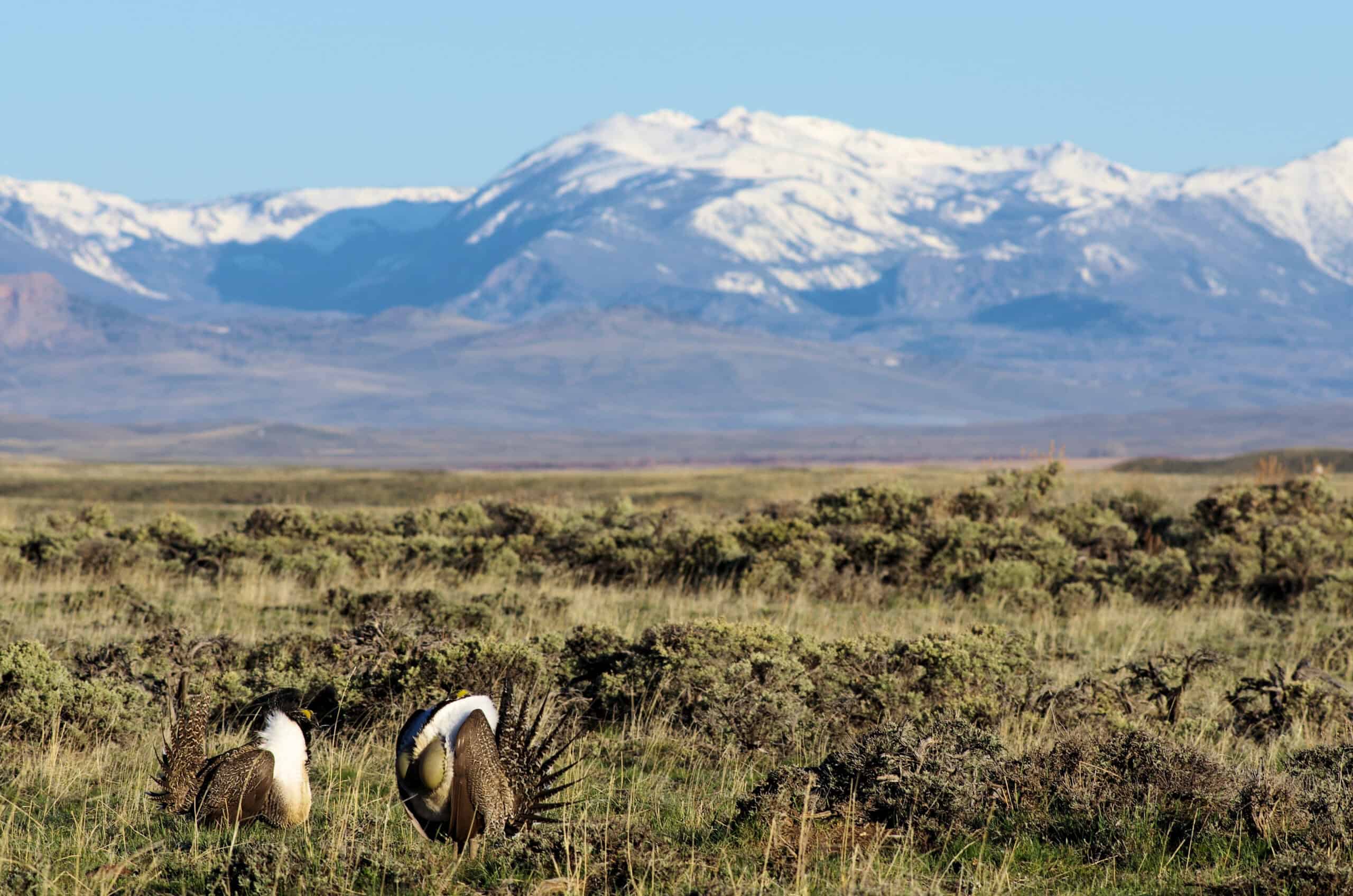Share this article
Amid pandemic, TWS urges consideration of biodiversity in wildlife trade
The Wildlife Society joined more than 250 conservation and development experts and organizations from around the world in writing to the heads of the World Health Organization, the United Nations Environment Programme and other U.N. and inter-governmental bodies, asking them to consider impacts on biodiversity and the world’s most vulnerable people in their response to the COVID-19 pandemic.
“Urgent, far-reaching steps must be taken to reduce zoonotic pandemic risks and secure a better future not only for humans but also for nature, which underpins the health and well-being of all humanity,” reads the letter, which provides recommendations for taking a targeted approach to identifying where wildlife trade poses the highest risks of zoonotic disease transmission and developing locally appropriate solutions.
The letter cautions against an outright ban on wildlife markets, noting that while there is “an urgent need to tackle wildlife trade that is illegal, unsustainable or carries major risks to human health, biodiversity or animal welfare … indiscriminate bans and restrictions risk being inequitable and ineffective.”
Wildlife markets provide invaluable food security for people around the world and “billions of people worldwide trade or consume wild meat and rely on wildlife use for livelihoods.” The letter also points out that wildlife and wildlife markets are not the only source of zoonotic disease; diseases can be transmitted from livestock as well as wildlife.
In recent weeks, other organizations have called for a complete ban on wildlife markets and more strict regulations on wildlife trade. When the COVID-19 outbreak began, China imposed a ban on wildlife trade and live wildlife markets. However, the trade of wildlife for non-food purposes, such as traditional medicine, while regulated, would not be banned.
Header Image: The Wildlife Society signed an international letter addressing the need to strategically address the disease transmission risk of wildlife markets. ©flyingfabi








